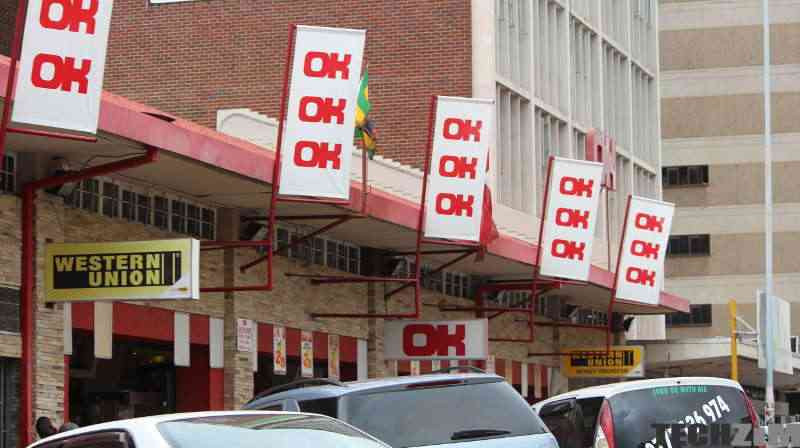
AN aggressive mop up operation being pursued by the Reserve Bank of Zimbabwe (RBZ) has sucked $9 billion out of the market, First Capital Bank (FCB) said on Friday, as its third quarter financial statements showed revenues rocketed by 82%.
Mop up operations are deployed to control liquidity and keep inflation in check.
RBZ’s strategy has been credited for bringing inflation down and stabilising a currency that saw 70% of its value wiped out during the review period.
However, disquiet has been growing over the RBZ’s regime that, along with a high policy rate, is seen precipitating production cutbacks and stifling projected growth rates.
In a third quarter trading update, FCB predicted that the RBZ would maintain its grip.
Under the mop up operation, the central bank minted about US$3 billion worth of gold coins to swing forex seekers to the official markets, giving it improved control over the monetary policy.
Government authorities called off payments to suppliers after accusing them of inflating prices and dabbling in black market activities.
Annual inflation fell to 269% in October from about 280% previously, bring about a semblance of exchange rate stability that has been experienced since August.
- ‘Inflation could shoot to 700% by April next year’
- New perspectives: Inflation control critical for economic growth
- Inflation spike: Why interest rates aren’t the answer
- Village Rhapsody: Govt must ensure that devolution works
Keep Reading
In its report, FCB said $9 billion was drained out of the market.
“The RRZ maintained a tight liquidity management framework, introducing gold coins in the quarter under review which are reported to have mopped up more than $9 billion as at the end of September 2022,” acting company secretary, Sarudzai Binha said, as she shared the results with investors.
“This measure was coupled with the introduction of minimum lending rates of 200% and 100% for corporates and individuals, respectively, a move that curtailed credit expansion and consequently growth in money supply. These and other measures saw the parallel market exchange rate showing some level of stability with the margin against the official rate having significantly reduced by the end of the period,” Binha said.
“The bank expects the aggressive liquidity management policies and high interest rate monetary framework to subsist as means to counteract inflationary pressure. This may present downside risk on credit performance as borrower capacity to carry related costs is strained.
“The bank will, therefore, remain cautious in its approach to asset creation, ensuring that a sufficient liquidity buffer is maintained to avert outages while borrower capacity is assessed rigorously, taking advantage of the apparent resurgence in key sectors of the economy,” Binha said.
FCB’s September 2022 year to date inflation adjusted total income increased to $26 billion, about three times higher than $9,6 billion during the second quarter and 82% ahead of $14,3 billion during the comparable period in 2021.
“This performance is supported by strong performance on interest income which was driven by growth in the foreign currency loan book and the repricing of the Zimbabwe dollar book in line with the extant interest rate policy framework. Foreign-denominated earnings, at 40% of total income forthe quarter, show an increase from about 22% in the first quarter,” Binha said.
Follow us on Twitter @NewsDayZimbabwe











